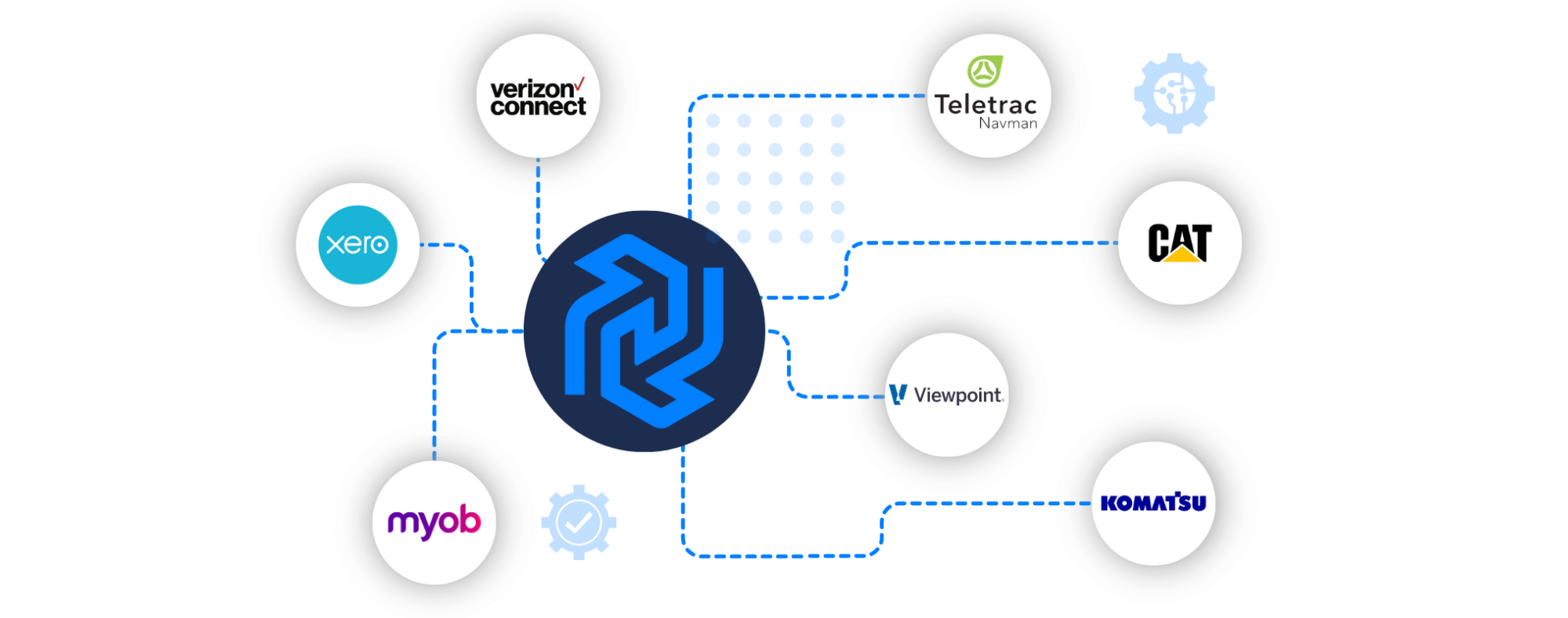11 Factors to Consider When Going Digital in Civil Construction
In this article, we will explore eleven key considerations you should consider before going digital and adopting an all-in-one platform for your operational tasks.
In today’s rapidly evolving world, digitalisation has become a driving force behind efficiency and innovation. The civil construction industry is no exception, with companies increasingly turning to digital solutions to streamline their processes and boost productivity. As a leading software provider for the civil construction sector in Australia, we understand the importance of making informed decisions when embarking on a digital transformation journey.
So continue reading to discover the 11 factors that are critical to ensure a smooth and easy transition from paper-based to a digital solution.
1. Assess Your Current Processes
Before diving into the world of digitalisation, it is essential to evaluate your existing processes thoroughly. Take the time to understand your workflows, identify pain points, and determine areas that could benefit from automation or digitisation. This assessment will serve as a foundation for understanding how digitalisation can best fit into your operations.
2. Define Your Objectives
Clearly defining your objectives is crucial before implementing any digital solution. What specific goals do you aim to achieve by going digital? Is it to improve efficiency, reduce costs, enhance collaboration, or all of the above? By articulating your objectives, you can align your digitalisation efforts with your overall business strategy.
3. Evaluate All-in-One Platforms
When considering digitalisation, exploring all-in-one platforms should be high on your list. These platforms consolidate various operational tasks into a single software solution, providing a comprehensive and seamless experience. Look for platforms that offer features such as project management, resource allocation, document management, equipment tracking, and reporting, tailored to the unique needs of the civil construction industry.

4. Ensure Scalability
As your company grows, so too should your digital solution. Scalability is a crucial factor to consider, as you want a platform that can accommodate your expanding operations and evolving requirements. A scalable solution will save you the hassle of switching systems in the future and ensure a smooth transition as your business expands.
5. Prioritise User-Friendliness
Adopting a digital solution requires the buy-in and cooperation of your team. Thus, it is vital to choose a user-friendly platform that is intuitive and easy to navigate. A complicated or cumbersome system can lead to resistance and hinder adoption. Look for a solution that offers a clean and user-friendly interface, simplifying the learning curve for your employees.
6. Explore Integration Capabilities
Effective digitalisation often involves integrating multiple systems and tools to streamline workflows. Consider the integration capabilities of the all-in-one platform you are evaluating. Can it seamlessly connect with your existing software, such as accounting, scheduling tools, or GPS/Telematics? Integration eliminates duplicate data entry, improves data accuracy, and enhances overall efficiency.

7. Offline capability
One crucial aspect to consider before going digital is the offline capability of the software. In the civil construction industry, work often takes place in remote areas or locations with limited internet connectivity. Therefore, it is essential to choose a digital platform that offers offline functionality. This feature allows your team to continue working seamlessly, even when there is no internet access. Offline capability ensures that important data can be collected, stored, and synchronised once a connection is reestablished, preventing any disruption to your operations.
8. Allocate Time for Onboarding & Training
Transitioning to a digital platform requires proper onboarding and training to ensure a smooth adoption process. Allocate sufficient time for your team members to familiarise themselves with the new software and its functionalities. Conduct comprehensive training sessions that cover all aspects of the platform, from basic navigation to advanced features specific to your industry. By investing in thorough training, you can maximise the benefits of the digital solution and empower your team to leverage its full potential.
9. Change Management
Implementing digitalisation requires change, and change management plays a vital role in successful adoption. Prepare your team for the transition by communicating the benefits of digitalisation, addressing concerns, providing training and support, and creating a culture that embraces technological advancements.

10. Consider Customisation Options
Every construction company has unique requirements and workflows. Therefore, it is essential to opt for a digital platform that offers customisation options. Look for a solution that allows you to tailor the software to align with your specific processes and terminology. Customisation ensures that the platform adapts to your needs, rather than forcing you to adjust your operations to fit a rigid system. This flexibility will enhance user experience and maximise the efficiency of your digital processes.
11. Seek Feedback and Support
Choosing the right digital solution for your company is a significant decision. Don’t hesitate to seek feedback from industry peers or engage with software providers to address any questions or concerns you may have. A reputable software provider will offer ongoing support and assistance, helping you navigate any challenges or technical issues that may arise during the implementation process. By seeking feedback and support, you can make informed decisions and ensure a successful digital transformation.
Related Post: How to Optimise Construction Workflow
Conclusion
Digitalisation has the power to revolutionise the construction industry, enhancing efficiency, collaboration, and overall project success. However, before going digital, it is essential to consider key factors such as assessing your current process, defining objectives, evaluating all-in-one platforms, scalability, user-friendliness, integration and offline capabilities, required time for onboarding, customisation options, change management, and ROI. By keeping these ten key factors in mind, you can lay a solid foundation for a successful transition to a digital platform. Embrace the digital revolution and unlock the full potential of your construction projects.
At Cloudcon, we understand the challenges faced by construction companies in embracing digitalisation. Our software solution is designed to meet the specific needs of the industry, offering a comprehensive and user-friendly all-in-one platform. With our support and expertise, you can confidently embark on your digital transformation journey, revolutionising your processes and achieving greater efficiency and success.
Book a free demo today to learn more about how our software can empower your company to thrive in the digital era.

Ready to go digital?
Book an obligation-free demo and see how easy it is with Cloudcon software
